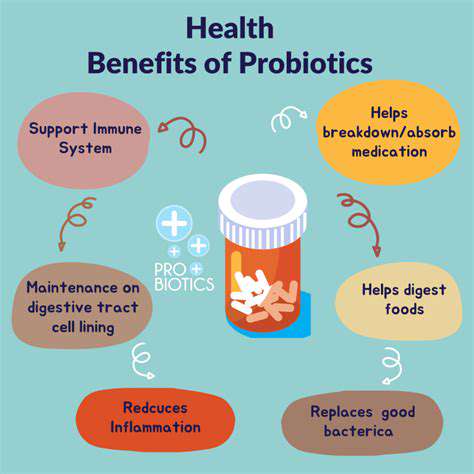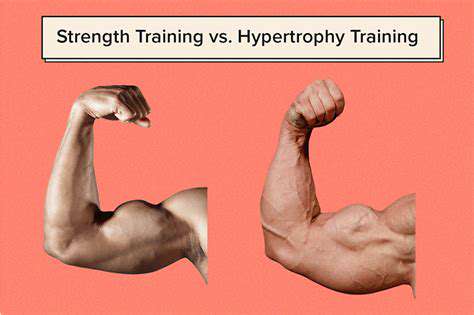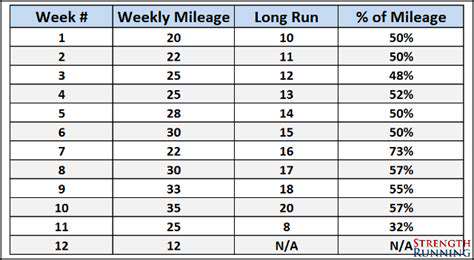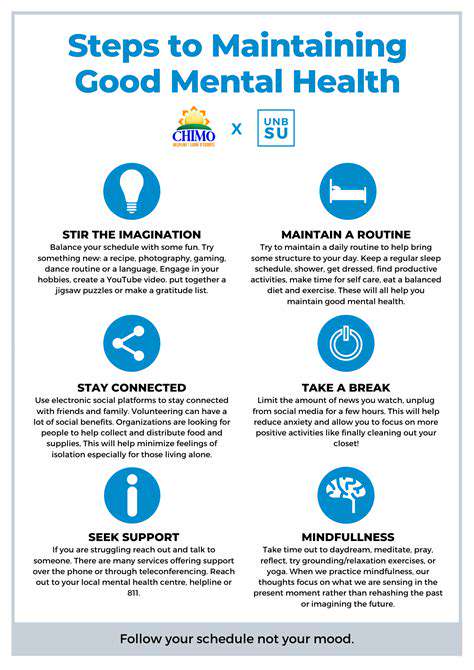Best Nutrition for Building Muscle in Older Adults
Prioritizing Protein Intake for Muscle Maintenance and Repair

Protein Intake and Muscle Growth
Prioritizing protein intake is crucial for muscle growth and repair. Consuming sufficient protein allows your body to build and maintain muscle tissue, which is essential for strength and overall fitness. Protein is broken down into amino acids, the building blocks of muscle. The process of muscle protein synthesis, where your body utilizes these amino acids to construct new muscle, is significantly stimulated by a sufficient protein intake.
Adequate protein intake is particularly important for athletes and individuals looking to build or maintain muscle mass. The rate at which muscle protein synthesis occurs depends heavily on the availability of amino acids, which are directly derived from dietary protein. A balanced diet rich in high-quality protein sources is vital for maximizing muscle growth and repair.
Protein Sources for Optimal Health
A variety of protein sources can contribute to a healthy diet. Lean meats, poultry, fish, eggs, dairy products, legumes, and tofu are excellent examples of high-protein foods. Each of these sources provides different nutritional benefits, and incorporating a diverse range of protein sources into your diet is important for optimal health.
The Role of Protein in Weight Management
Protein plays a vital role in weight management. Protein-rich foods tend to have a higher satiety value, meaning they can help you feel fuller for longer, which can lead to reduced overall calorie intake. This effect can be particularly helpful for individuals aiming to lose weight or maintain a healthy weight.
By including protein in your meals and snacks, you can help regulate your appetite and potentially consume fewer calories throughout the day. This can contribute to a more sustainable and effective weight management strategy.
Protein Timing for Maximum Results
Consuming protein consistently throughout the day, rather than relying on large portions only at certain times, can be beneficial. This consistent intake can help to maintain a steady supply of amino acids for muscle protein synthesis, improving overall muscle growth and repair.
Protein and Muscle Recovery
Protein is essential for muscle recovery after exercise. Intense physical activity can damage muscle tissue, and protein provides the necessary building blocks for repairing and rebuilding this damaged tissue. Consuming protein after workouts is particularly crucial to support the rebuilding process.
Protein Intake and Overall Health
In addition to supporting muscle growth and recovery, protein is vital for many other bodily functions. It plays a role in the production of enzymes, hormones, and antibodies, all of which are essential for maintaining overall health. Protein is also involved in transporting nutrients throughout the body and helps maintain a healthy immune system.
Protein Deficiencies and Their Impact
A protein deficiency can have several negative consequences. Symptoms can range from fatigue and weakness to impaired immune function and difficulty in repairing damaged tissues. Recognizing the signs of a protein deficiency and addressing it through a balanced diet is crucial for preventing long-term health problems. Consult a healthcare professional if you have concerns about your protein intake or suspect a deficiency.
The Importance of Essential Amino Acids
Understanding Essential Amino Acids
Essential amino acids are crucial components of protein, and the body cannot produce them on its own. This necessitates obtaining them through dietary sources. These vital building blocks are essential for various bodily functions, including muscle protein synthesis, hormone production, and enzyme activity. A deficiency in essential amino acids can significantly hinder muscle growth and repair, especially in aging individuals, which is why a balanced intake is critical for optimal health and well-being.
Muscle Protein Synthesis and Essential Amino Acids
Muscle protein synthesis is the process by which the body builds and repairs muscle tissue. Essential amino acids are the primary building blocks in this process. Adequate intake of these amino acids is vital for stimulating muscle protein synthesis, allowing older adults to maintain and potentially increase muscle mass. This process becomes increasingly important as we age, as muscle loss is a natural consequence of the aging process.
Consuming essential amino acids alongside resistance training can significantly enhance muscle growth and repair. This is particularly crucial for older adults who may have reduced muscle protein synthesis capacity compared to younger individuals.
The Role of Essential Amino Acids in Hormone Production
Hormones play a critical role in various bodily functions, including muscle growth and repair. Essential amino acids are involved in the synthesis of many hormones, such as growth hormone and testosterone. These hormones are crucial for muscle development, and adequate intake of essential amino acids is necessary to support hormone production and, subsequently, muscle growth and maintenance.
Dietary Sources of Essential Amino Acids
Essential amino acids can be obtained from a variety of dietary sources. Animal products like meat, poultry, fish, and eggs are excellent sources of complete proteins, which contain all essential amino acids. Plant-based sources, such as legumes, quinoa, and soy products, also provide essential amino acids, although often in incomplete protein forms. A balanced diet incorporating a variety of these sources can ensure adequate intake of these crucial nutrients.
Essential Amino Acids and Muscle Loss in Older Adults
Age-related muscle loss, or sarcopenia, is a significant concern for older adults. It can lead to decreased strength, mobility, and overall quality of life. Sufficient intake of essential amino acids is crucial in combating sarcopenia. These amino acids are vital for stimulating muscle protein synthesis and mitigating muscle loss, thereby enhancing physical function and independence in older individuals.
Optimizing Essential Amino Acid Intake for Muscle Growth
While age-related muscle loss is a natural process, optimizing essential amino acid intake can play a critical role in mitigating this loss and promoting muscle growth. Strategies for maximizing essential amino acid intake include consuming complete protein sources at regular intervals throughout the day. This can stimulate muscle protein synthesis and support overall muscle health. It's also important to consult with a healthcare professional or registered dietitian to determine the optimal intake for individual needs.
The Importance of Combining Essential Amino Acids with Exercise
Essential amino acids are critical for muscle growth, but combining them with resistance training is even more effective. Exercise signals the body to build muscle, and essential amino acids provide the necessary building blocks for this process. In older adults, this combined approach can be particularly beneficial for mitigating muscle loss and improving strength and function. This combination is crucial for promoting overall health and well-being in the aging population.
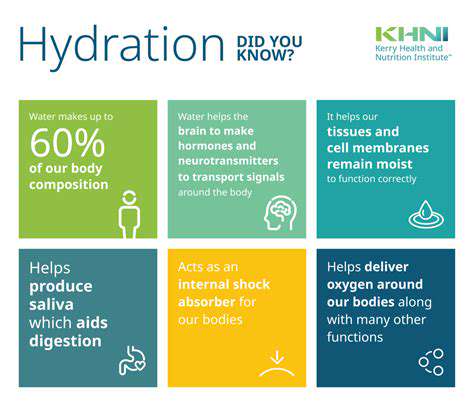
Read more about Best Nutrition for Building Muscle in Older Adults
Hot Recommendations
-
*Guide to Managing Gout Through Diet
-
*Best Habits for Financial Well being
-
*How to Build a Routine for Better Mental Health
-
*How to Eat Healthy on a Budget [Tips & Meal Ideas]
-
*Guide to Practicing Self Acceptance
-
*How to Incorporate More Movement Into Your Day
-
*Guide to Managing Chronic Pain Naturally
-
*Guide to Building a Reading Habit for Well being
-
*Top 5 Weight Loss Supplements That Actually Work
-
*Best Exercises for Postpartum Recovery [Beyond Abdominal Work]
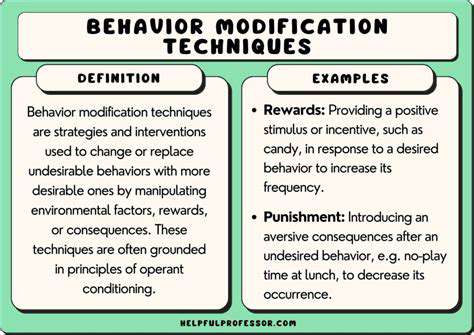

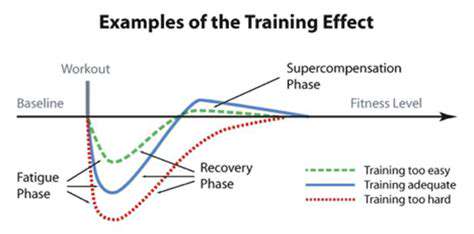
![HIIT Workout for Fat Loss [20 Minute Routine]](/static/images/26/2025-05/Exercises28Example293A.jpg)
